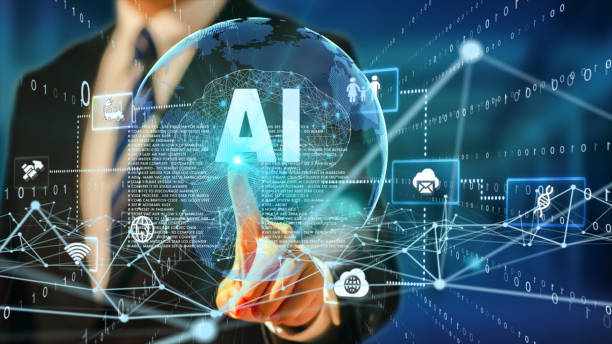At the ongoing Internet Governance Forum 2023 event in Kyoto, Japan, Artificial Intelligence (AI) has emerged as a hot topic. Under this year’s IGF theme, “The Internet We Want,” AI and Emerging Technologies have been designated as a subtheme, reflecting the significant interest it has garnered in the internet space. However, a key question arises: Is AI intended to replace humans, or is it meant to work alongside them?
During one of the sessions on Bottom-Up AI and the Right to be Humanly Imperfect, the role of humans in shaping the future of AI for a smooth co-existence and advancement of humanity was discussed. Much focus was on preserving basic human identity while continuing to evolve and adapt to technology.
AI has many benefits, and it can even be used as a management tool in advocacy, and capacity building. It can also increase the voice and participation approaches in tech for the unrepresented.
Bringing up the topic of inclusion and use of artificial intelligence for persons with disabilities, Nicodemus Nyakundi, a beneficiary of the Dynamic Coalition on Accessibility and Disability IGF sponsorship, and a fellow of the KICTANet Digital Accessibility, highlighted that, although AI has yet to deviate from the input-output approach of other machines/programs, we are pushing it to work perfectly with the imperfect nature of human. We are still far from having an AI that is as human as us, but we want it to work with persons with disabilities toward basic human life.
How can we achieve inclusive AI?
According to the session moderators Jovan Kurbalija and Sorina Teleanu, AI, though a powerful tool, still remains a tool. A machine. A device that makes work easier. There is no instance that it will surpass humanity. Rather it will always be a servant. A very powerful helper.
Mr Jovan Kurbalija went on to add that a journey into AI is like taking a walk on the Philosopher’s Path. A canal side path, also called Tetsugaku no Michi in Japanese, in Kyoto’s Higashiyama District that is iconic for solitude and meditation walks. Comparing it to AI, every time you walk down the route you will always have a different experience and revelation. As such AI, as it develops, will always attract different and new perspectives. Inclusion and accessibility is one of such issues that would need direct incorporation to ensure no one is left behind.
This simply implies that humanity and AI are set to live side by side. We must ensure that we get the best of it. We can use it as the much-needed assistive technology, the highway to inclusion and the pillar to the enjoyment of full human digital rights.
Nicodemus Nyakundi is an ICT Access and Equality Fellow for Persons with Disabilities at KICTANet. He has a background in IT and advocates for digital inclusivity.
![]()




